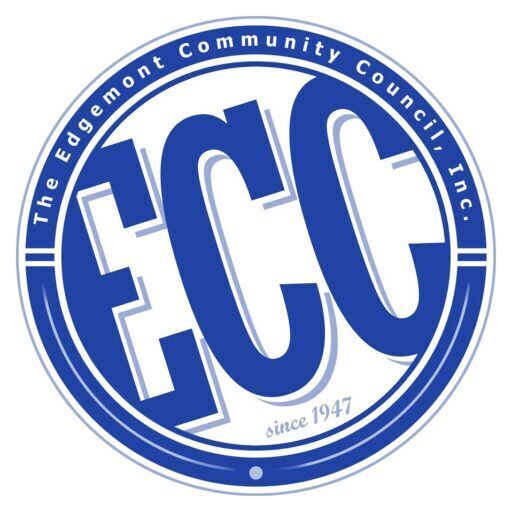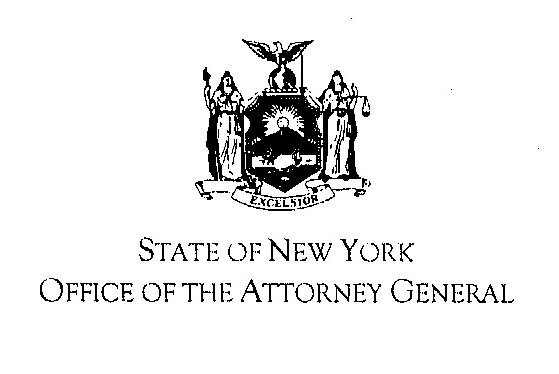That controversial letter seeking an opinion from the attorney general’s office that the draft massage legislation is illegal does not need to be withdrawn after all — as Edgemont Community Council president Bob Bernstein had asked — and the Town Board last week refused to do. The state itself disposed of the letter.
The state attorney general’s office this week rejected as improper an attempt by the Greenburgh town attorney to get an opinion that proposed legislation to stop houses of prostitution from fronting as “massage parlors” is illegal under state law.
The latest development comes after Greenburgh police cracked down on massage parlors last week, arresting 11 women, including one as young as 18 years old, for practicing massage without an license, which is a felony in New York, and temporarily closing six massage parlors, five of which are in Edgemont.
Because Greenburgh lacks a law that would allow these businesses to be closed permanently, the six massage parlors may have already reopened.
Legislation that would give Greenburgh police the tools they need to close these businesses for good was drafted by Mr. Bernstein, but blocked by the town attorney, who doesn’t think towns in New York have the right to ban houses of prostitution fronting as massage parlors.
The town attorney then persuaded the planning board to approve the town attorney sending a letter questioning whether such legislation is preempted by existing state law requiring that massage therapists be licensed.
[wpvideo 5PhIye57]
Mr. Bernstein had asked that the letter be withdrawn because it suggested that the Town’s efforts to “license” massage establishments was similar to the state’s requirement that massage therapists be “licensed,” and because it never mentioned that the Town was exercising legal authority given towns under state law to stop houses of prostitution from fronting as massage parlors or that other towns and villages in New York had already adopted similar laws without facing any legal challenge.
“You have asked whether a proposed law that would regulate massage establishments is preempted by or inconsistent with state law governing the profession of massage therapy,” said Kathyrn Sheingold, Assistant Solicitor General Kathryn Feingold in a letter to Deputy Town Attorney David Fried, who requested the opinion not on behalf of the Town, but on behalf of the Town’s Planning Board.
“Please be advised that we will render an opinion only in response to a request on behalf of an entity whose authority is in question. In this instance, the authority of the Town Board, not the Planning Board, to adopt the proposed local law is in question. Consequently, we decline to render an opinion in response to your request on behalf of the Planning Board,” Ms. Sheingold said.
After meeting this morning in executive session to discuss the matter, the Town Board responded by inviting Mr. Bernstein to “submit a revised letter” to the attorney general’s office.
Town Supervisor Paul Feiner asked Mr. Bernstein in an email to “[p]lease submit a draft of a letter that the Town Board can review asking for an opinion from the Attorney General as to whether or not the proposed law is preempted. The Board will review the draft letter which hopefully can be submitted to the Attorney General.”
Mr. Bernstein said he was pleased that the town attorney’s attempt to play fast and loose with the Attorney General’s requirements for seeking a legal opinion had been rejected, but questioned whether a new letter to the attorney general is even necessary.
[wpvideo ga3vfoBZ]
“Mr. Feiner said weeks ago that he would not have voted to send any letter to the attorney general’s office and no town board member said he was wrong and a letter should be sent,” Mr. Bernstein said. “What has changed?”
“I gave the town board a detailed legal opinion last December explaining that, because the state expressly gives towns in New York the right to pass laws concerning houses of prostitution, a proposed law that would outlaw houses of prostitution fronting as ‘massage parlors,’ would not be preempted by a state education law requiring that massage therapists have the right amount of education and training to be licensed,” Mr. Bernstein said. “I also pointed out that other towns and villages have enacted similar legislation, including Clarkstown in 1996 and Farmingdale in 2013, and no such legislation has been challenged by anyone.”
“So asking the attorney general’s office at this point for a legal opinion, which is not legally binding in any event and would delay enactment of this important legislation for months — perhaps as long as a year — depending on how long it takes before the attorney general’s office is able to respond to the request, seems pointless and unnecessary,” Mr. Bernstein said. “The Town now knows there are women as young as 18 working in these establishments. Instead of turning these young women into convicted felons, the Town should be shutting down these businesses altogether.”
“On the other hand, if the Town Board tells me that without a legal opinion from the attorney general it will refuse even to consider enacting the measure we drafted, then I owe it to my neighbors to draft something,” he added. “Ultimately, I hope common sense prevails here.”

